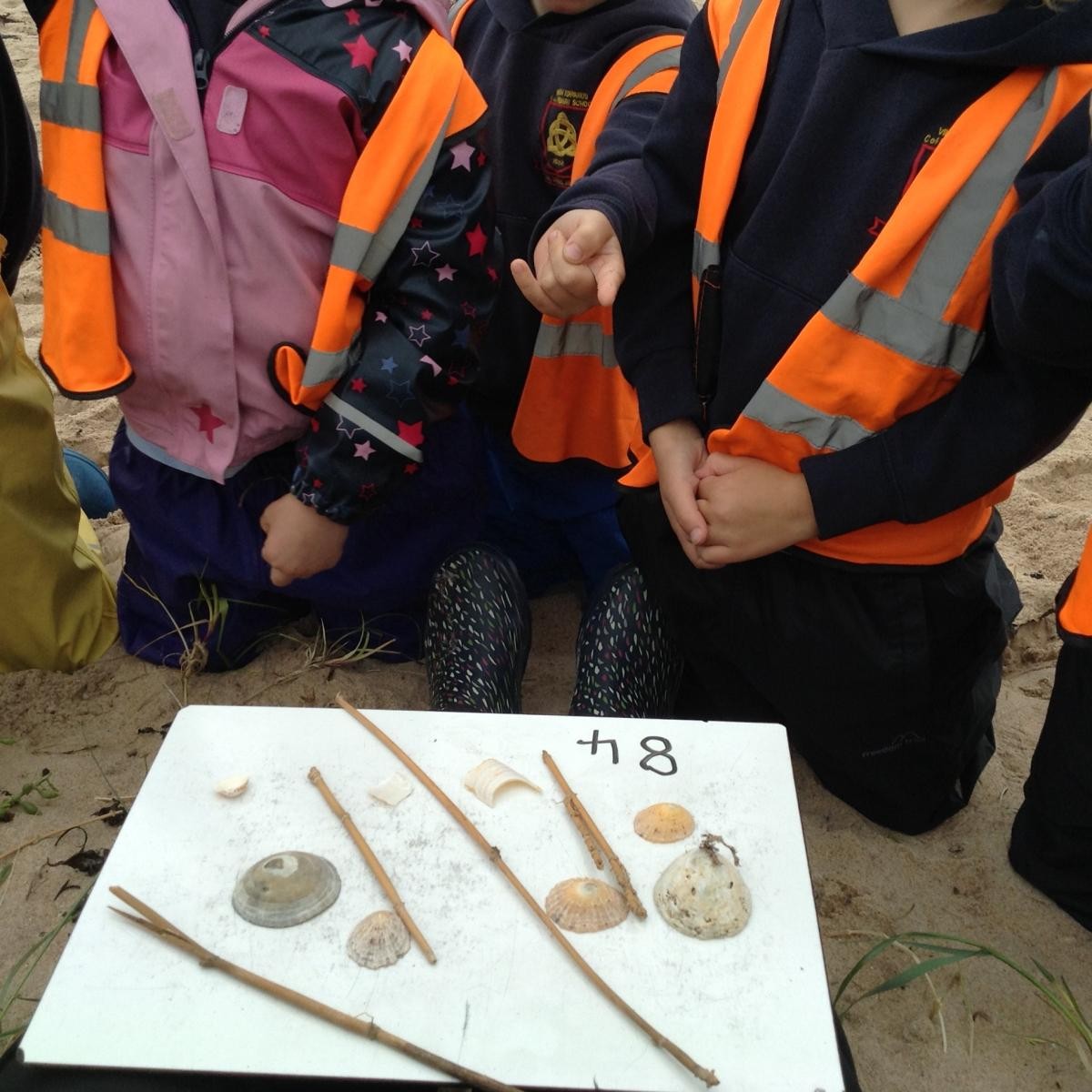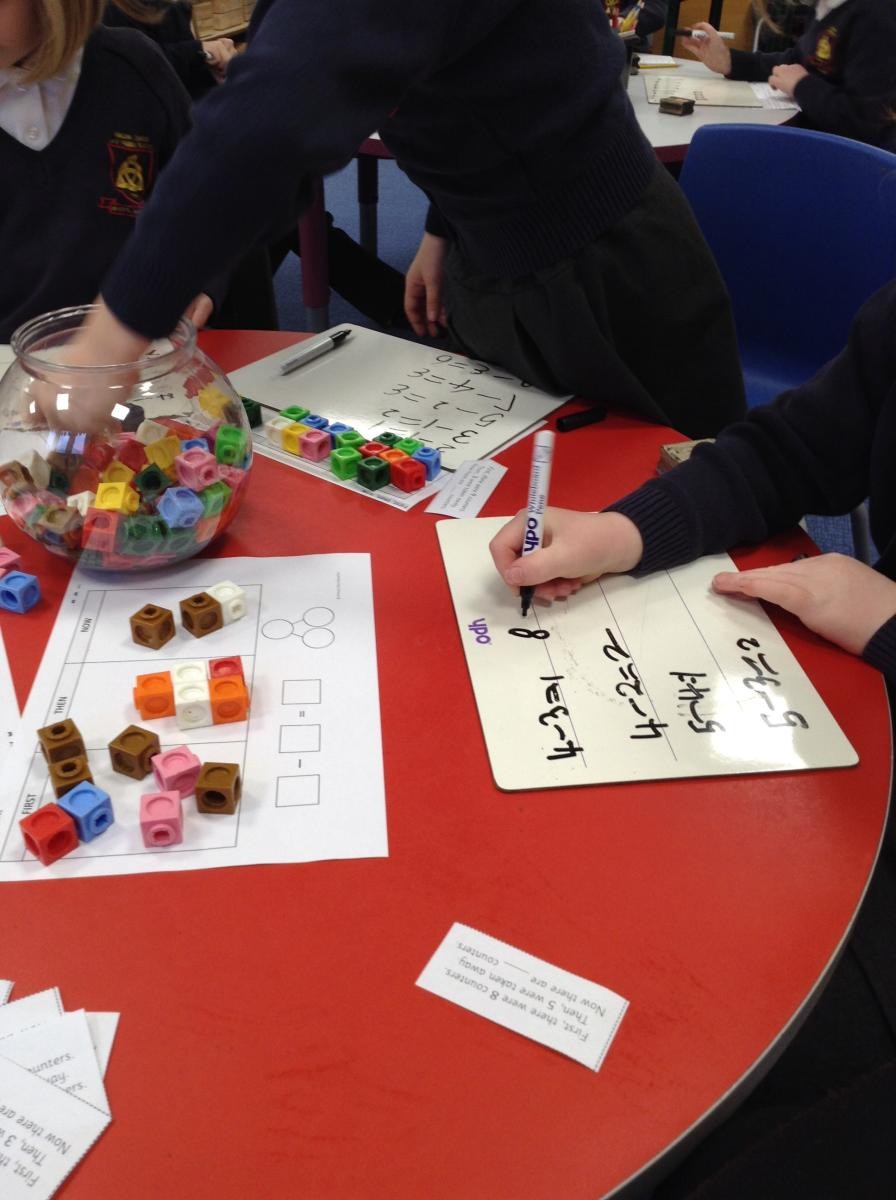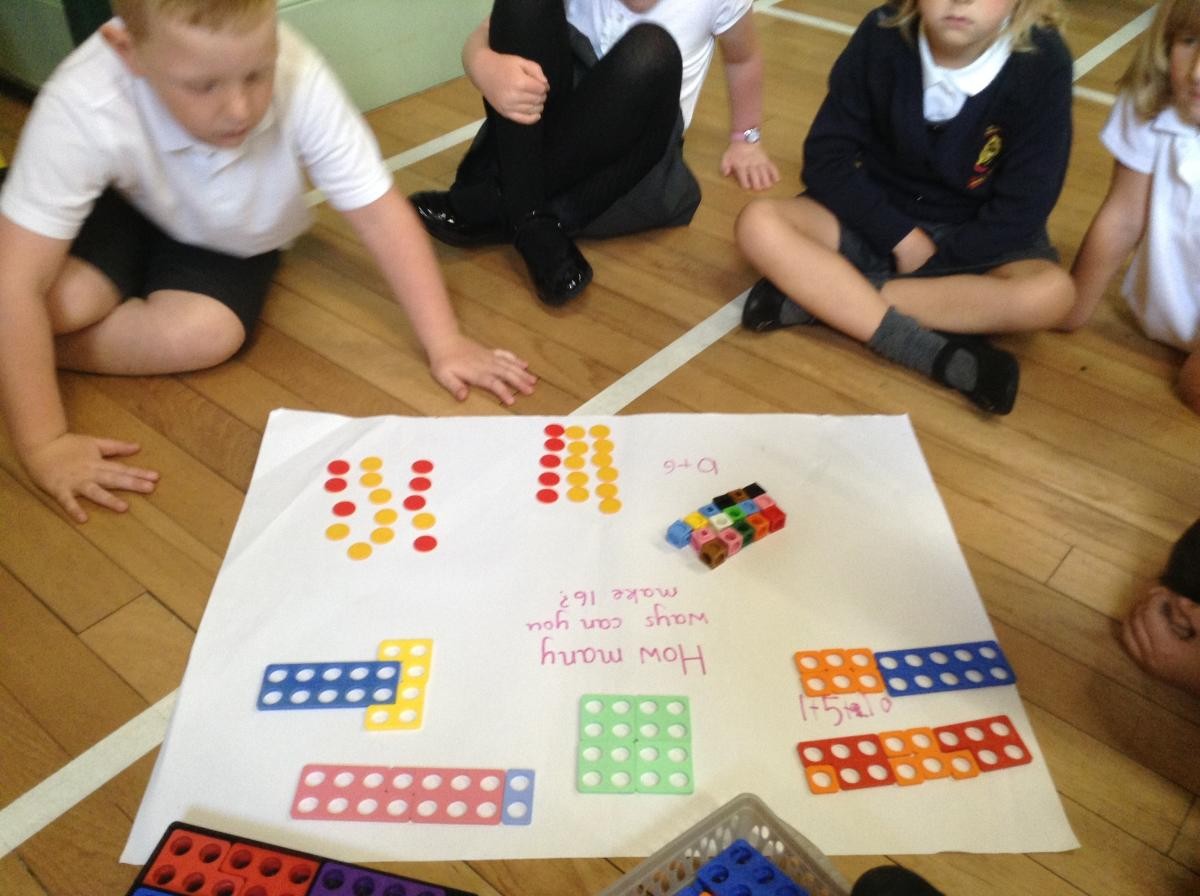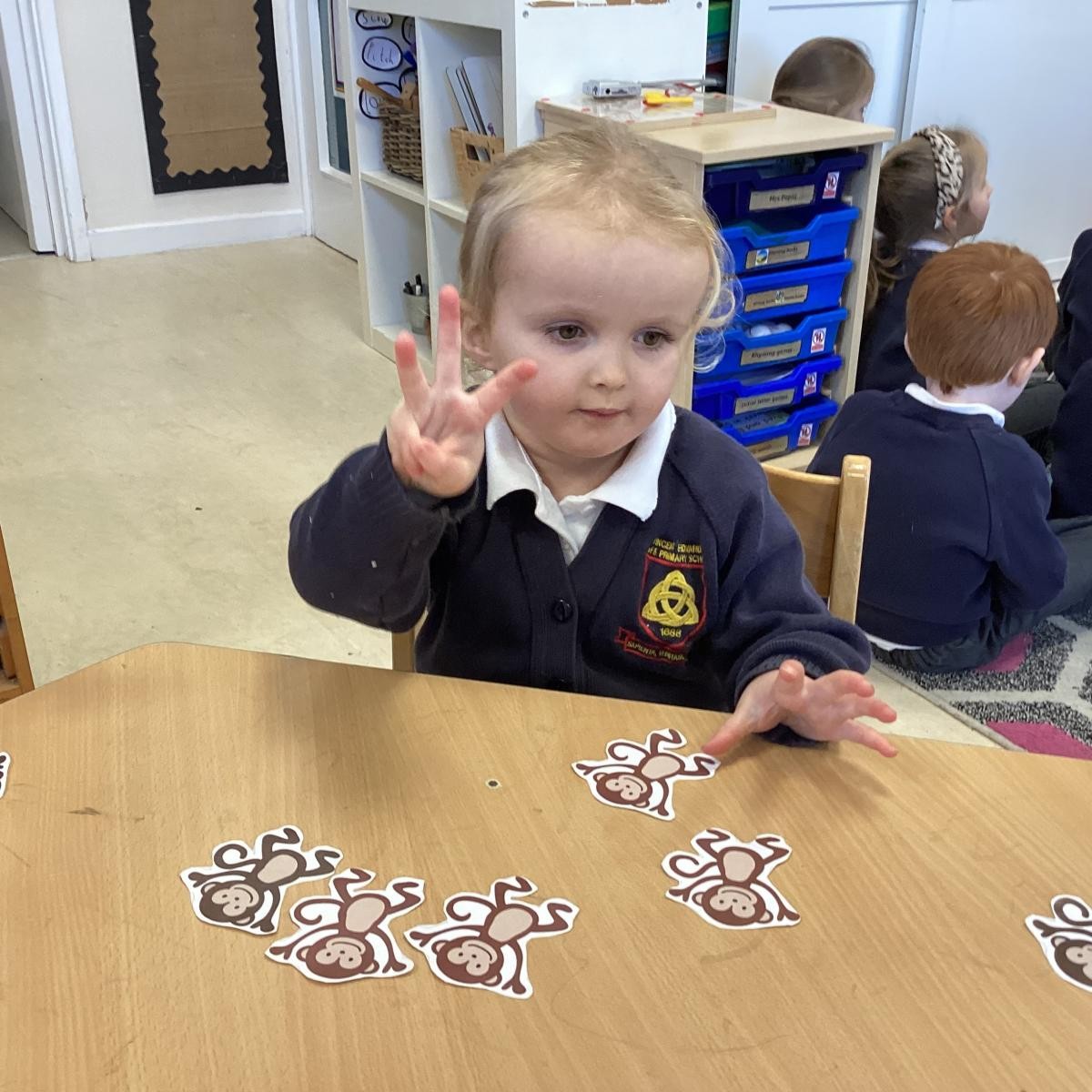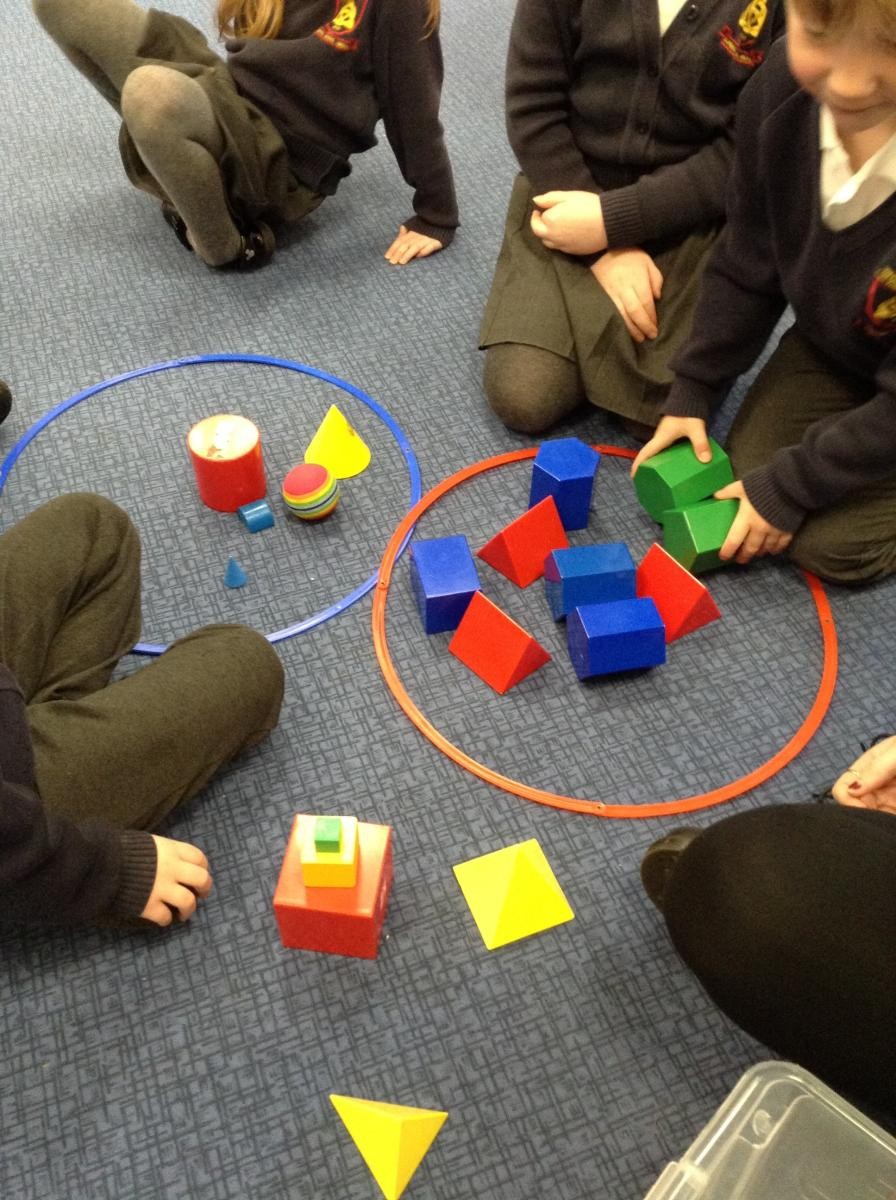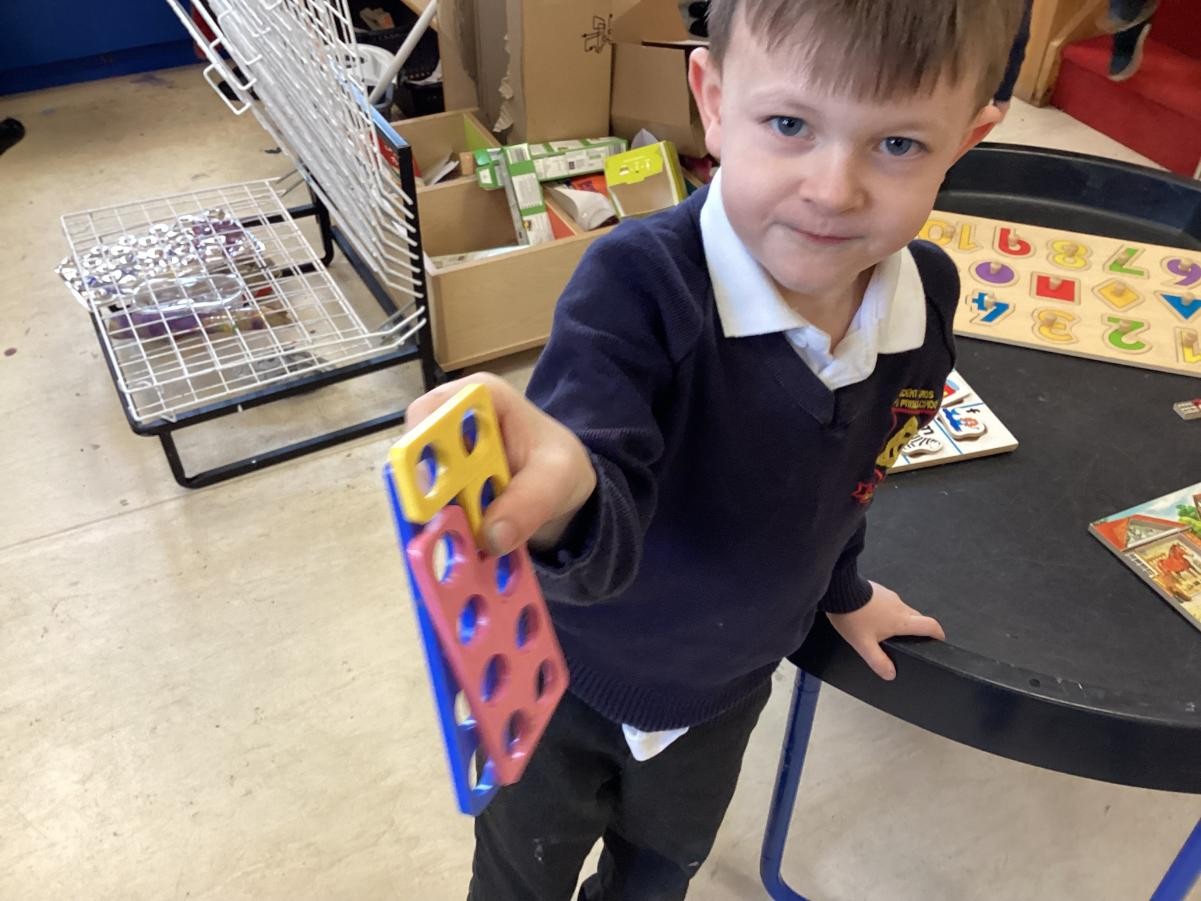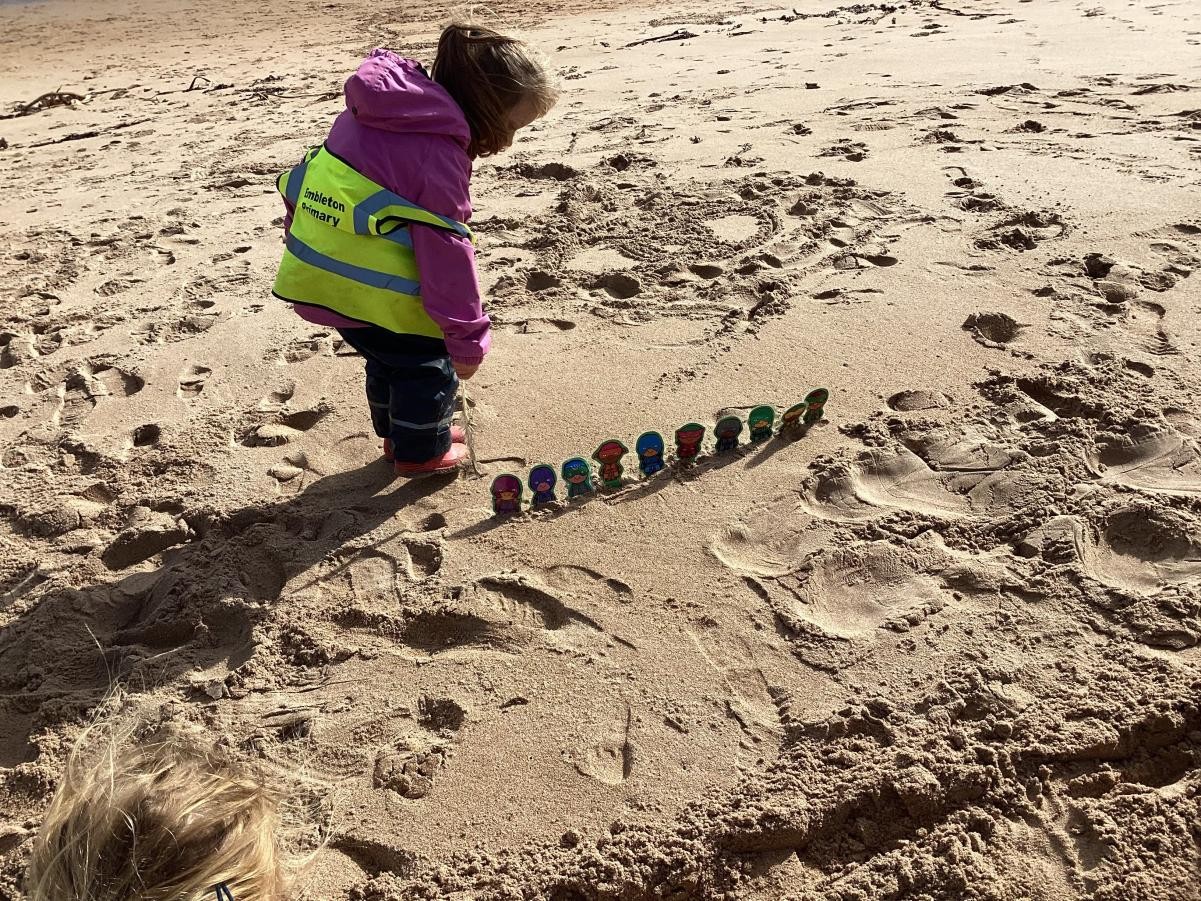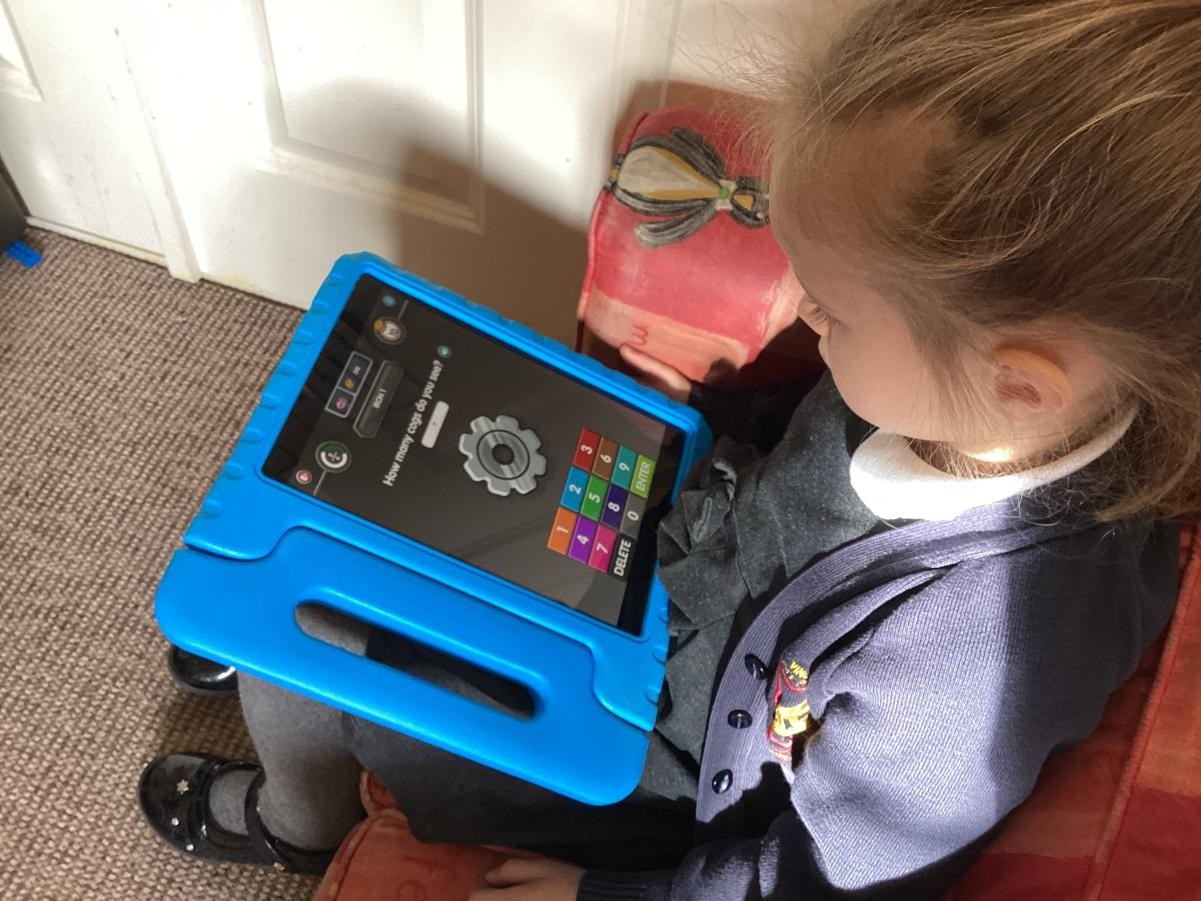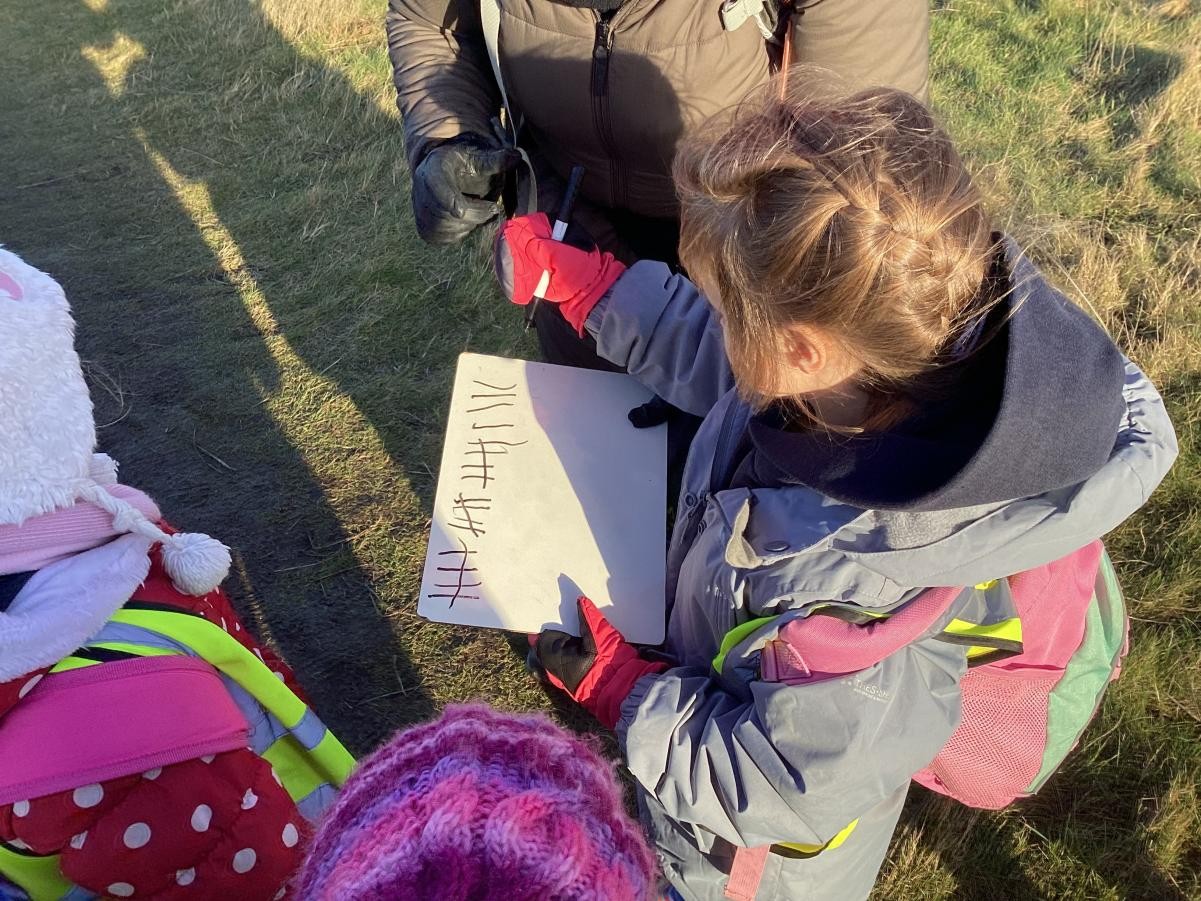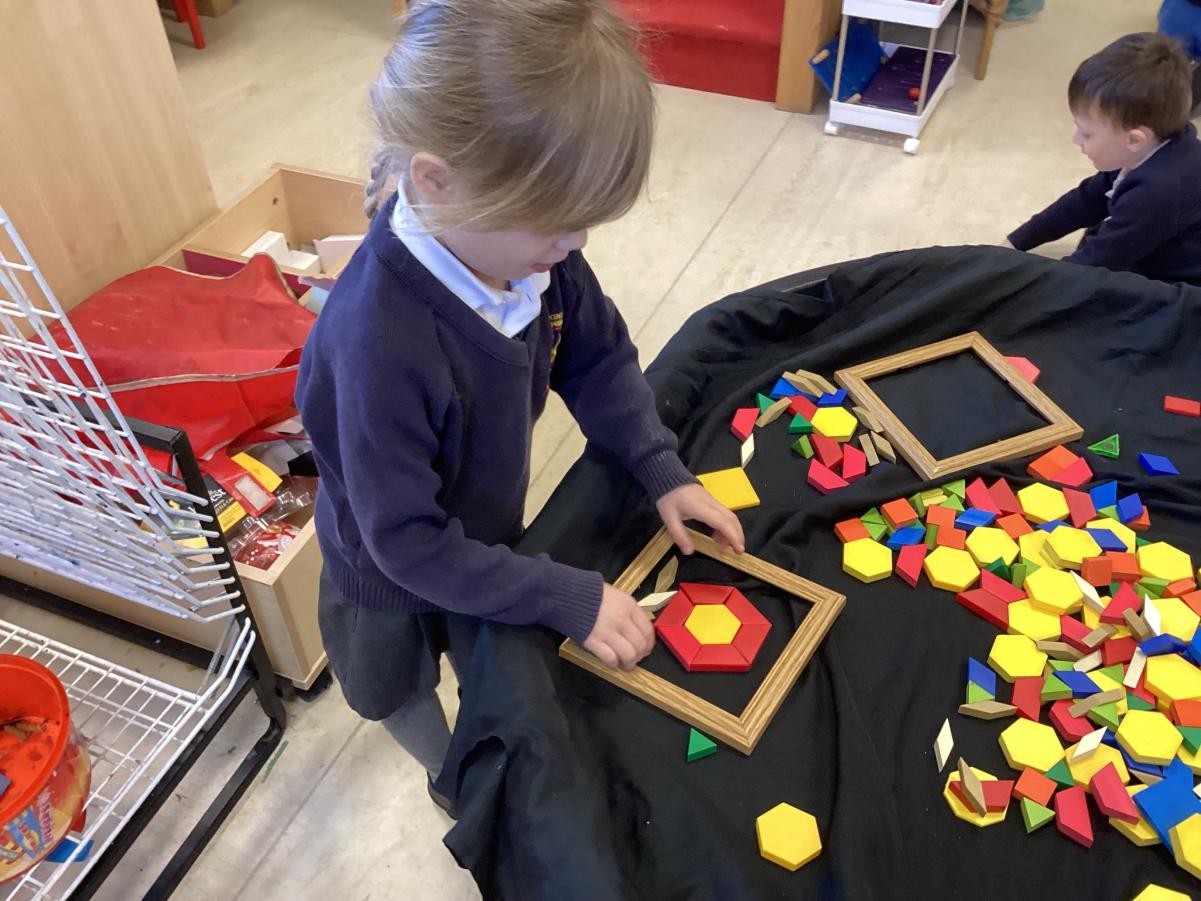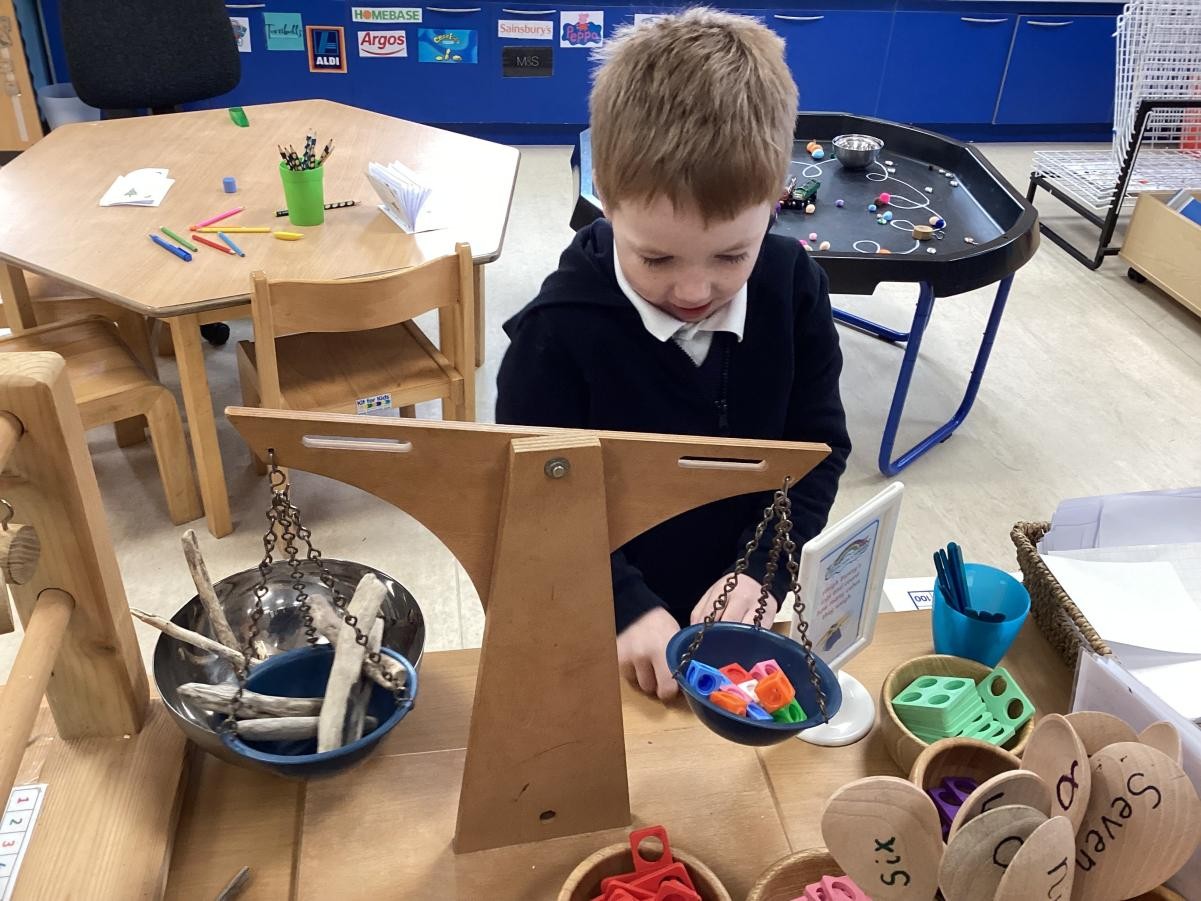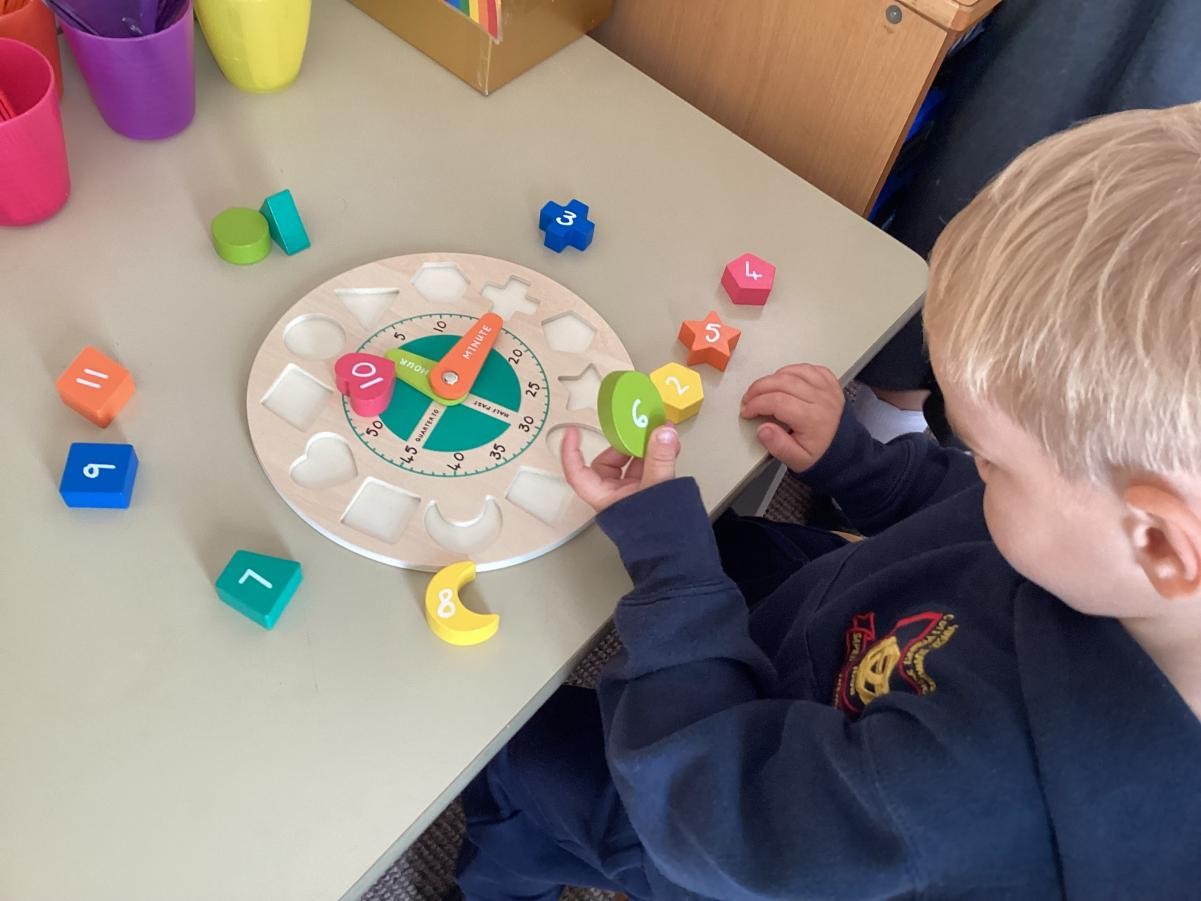Big Maths is a teaching approach that makes progress in maths easy and fun. Big Maths has been extremely successful both nationally and internationally with thousands of children learning through daily Big Maths CLIC sessions and the weekly ‘Beat That!’ challenges.
Big Maths firstly answers the question, ‘How do we get children properly numerate as they journey through school?’ It provides us with an accurate and simple, but highly effective, framework that guarantees numeracy progress. This framework is known as CLIC (Counting, Learn Its, It’s Nothing New and Calculation) and is characterised by accurate steps of progression (known as Progress Drives) that make new learning easy and obvious to children by cashing in on the timeless natural laws of Maths.
Big Maths is therefore a rigorous, systematic and structured approach that provides children with a fun and lively experience as they learn through jingles, songs, games and the Big Maths characters.
Big Maths helps children to understand the links between core numeracy (the basic principles that underly all maths) and outer numeracy which is the application of these core principles.
CLIC stands for ‘Counting’, ‘Learn Its’, ‘It’s Nothing New’ and ‘Calculation’. Maths lessons contain each of these elements.
Counting:
Children will count forwards and backwards in all kinds of steps depending on their level e.g. in 1s, 2s, 3s, 6s or even 25s! When practising counting at home with your child, make sure you go forwards and backwards. Don’t always start at 0 – make sure they can count on from 75 to 106 for example.
‘Learn Its’:
‘Learn Its’ are addition facts and times tables facts. There are 72 Learns Its in total; 36 addition Learn Its and 36 multiplication Learn Its. These are facts that children need to learn off by heart, so when they are asked ‘What is 6+4 ?’ they are able to give the answer as quickly as they would be able to tell you their name. As soon as they know 3x5=15 they also know 5x3=15 (This is known as a ‘Switcher’).
It’s Nothing New:
This is the most important aspect of CLIC. It is the way children become successful and properly numerate. The idea that 5-things and 3-things are always 8-things is a fundamental concept. Once children understand this concept, we can change the ‘thing’ to other units, e.g. ‘tens’, so that 5 tens + 3 tens = 8 tens. Children begin to learn the concept by counting random unit e.g. bananas, aliens, cats etc. It then becomes much easier to use standard measures such as ml, m, cm, kg, whilst understanding the underlying number concepts.
Calculation:
This aspect of CLIC is when the teacher will focus on developing the children’s understanding of addition, subtraction, multiplication and division. Big Maths maps out which steps children should do in a clear order and helps teachers to identify where to go back to if a child needs extra support.
Challenges
The whole system is underpinned by weekly 'Learn Its' and 'Beat That!' challenges. These short tests, which are thoroughly enjoyed by all the children, allow staff to see where any gaps in learning are and quickly go over them with the children in the subsequent maths lesson. Furthermore this form of low-stakes retrieval practice really helps to embed their learning.
White Rose Maths
White Rose Maths supports teaching for mastery for all pupils. It encourages problem-solving and reasoning, often asking the 'why?' and 'how do you know?' questions to support deeper mathematical thinking. Through presenting mathematical problems in a range of different ways it further encourages mathematical fluency.
Numbots
Children in Reception and KS1 use Numbots to support maths fluency in addition and subtraction up to 2-digit numbers. It focusses on repeating the same small-number calculations using a range of methods (eg number line, part-whole, bar model, objects) to support quick recall of relationships and facts.
Times Table Rock Stars
All children from Year 1 are encouraged to use Times Table Rock Stars to increase their speed and accuracy in times table recall. The app is designed to individualise learning, through monthly assessments, to focus on the times tables that a child is less accurate or slower in.
There is great competition in school over progressing up the ladder to being a Rock Hero, and plectrums are awarded each half term to those children that have moved up a level.
The programme also helps prepare Year 4 children for the Multiplication Tables Check.
Big Maths Learn Its
There are three sets of learn its for each year group.

